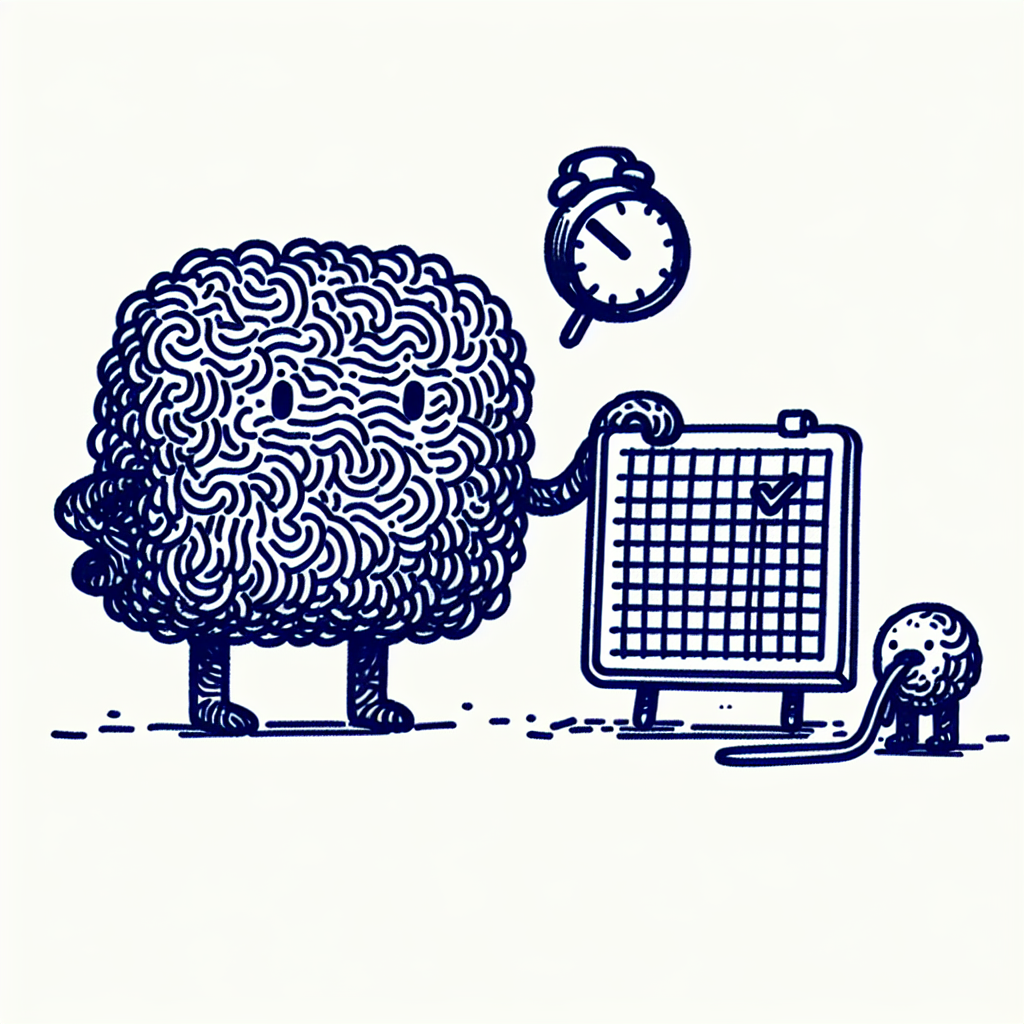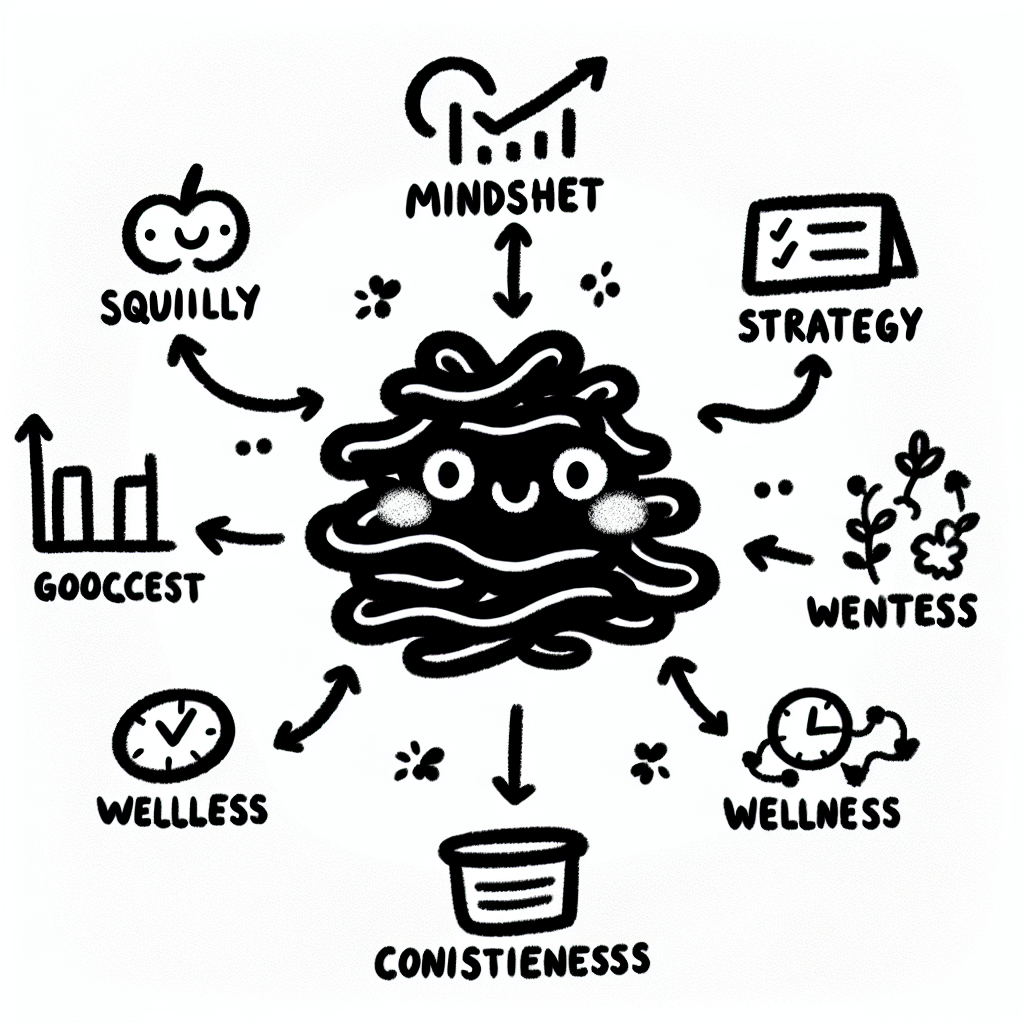Introduction
Learning how to get better grades starts with building strong academic habits early. These habits—such as setting a consistent study schedule, staying organized, and actively engaging in class—lay the foundation for long-term academic success.
Mindset also plays a key role. Research shows that students who adopt a growth mindset, believing their abilities can improve with effort, tend to perform better academically. Positive behaviors like seeking help when needed, taking initiative, and staying persistent are closely linked to stronger academic outcomes.
Studies have identified a range of strategies that can help students improve their grades. These include effective time management, using active learning techniques like self-testing and summarizing, and minimizing distractions during study sessions. By combining a productive mindset with proven study methods, students can make meaningful progress in their academic performance.

Cultivating the Right Mindset
Improving academic performance starts with developing the right mindset. Understanding the difference between a growth mindset and a fixed mindset is key. A growth mindset views intelligence and ability as qualities that can be developed through effort and learning. In contrast, a fixed mindset assumes these traits are static. Students with a growth mindset are more likely to embrace challenges and persist through setbacks, seeing effort as a necessary path to mastery.
Motivation and goal setting also play crucial roles in how to get better grades. Setting SMART goals—Specific, Measurable, Achievable, Relevant, and Time-bound—helps students stay focused and track progress effectively. Rather than comparing themselves to others, students should aim for self-improvement and mastery of the material. Research from the University of Georgia supports the idea that intrinsic motivation and personal goal setting contribute to better study habits and academic outcomes.
Metacognition, or thinking about one’s own thinking, is another important strategy. This involves being aware of how you learn, monitoring your understanding, and adjusting your study methods as needed. Reflecting on what techniques work and which do not enables students to study more efficiently. According to Penn State, students who engage in metacognitive practices are more likely to improve their academic performance over time.

Active Learning Strategies
Attending and Participating in Class
Attending class regularly and actively participating can significantly impact how to get better grades. Engaging in discussions and asking questions helps reinforce understanding and clarifies complex topics. Building rapport with professors and peers can also make it easier to seek help and collaborate effectively.
Effective Note-Taking Techniques
Employing structured note-taking methods such as the Cornell system or the outline method can organize information clearly and logically. Reviewing and revising notes regularly ensures that material stays fresh and supports long-term retention, which is essential for academic success.
Strategic Studying
Strategic studying methods like retrieval practice, spaced repetition, and interleaving are proven to enhance learning outcomes. Retrieval practice involves actively recalling information, while spaced repetition spreads study sessions over time to strengthen memory. Interleaving mixes different topics or subjects, helping students make connections and apply knowledge flexibly. Utilizing study guides, past exams, and flashcards can further reinforce understanding. According to Stanford University, students who employed these strategies achieved higher exam scores.
Preparing Thoroughly for Assignments and Exams
Breaking down large assignments or study goals into manageable steps makes preparation more efficient and less overwhelming. Starting early and maintaining a consistent study schedule allows time to absorb material and address weak areas. Southern New Hampshire University emphasizes that early preparation is a key factor in how to get better grades.

Time Management and Organization
Learning how to get better grades often begins with mastering time management and organization. These skills help students stay on top of assignments, reduce stress, and improve academic performance.
Creating a Balanced Schedule
Using planners, digital apps, or calendars is essential for tracking assignments, tests, and deadlines. These tools give a clear overview of what needs to be done and when. Prioritizing tasks can be simplified with techniques like the Eisenhower Matrix, which categorizes tasks based on urgency and importance, or the Pomodoro Technique, which breaks work into focused intervals followed by short breaks to maintain concentration.
Avoiding Procrastination
To improve grades, it's important to recognize and address procrastination. Identifying triggers—like distractions from phones or a lack of motivation—can help students implement counter-strategies. Breaking assignments into smaller, manageable steps can make them feel less overwhelming and more achievable, reducing the temptation to delay work.
Staying Organized
A clean, dedicated study space can improve focus and efficiency. Keeping academic materials—such as notebooks, textbooks, and folders—neatly sorted and easily accessible prevents wasted time and ensures that everything needed for studying is at hand. Staying organized supports consistent study habits and contributes to better academic outcomes.

Using Support Systems and Feedback
Learning how to get better grades involves more than just studying harder—it also means knowing when and how to seek support and use feedback effectively.
Seeking Academic Support
Take advantage of the academic resources available on campus. Tutoring centers and writing labs are designed to help students grasp challenging material and improve their writing skills. Academic advisors can also provide guidance on course selection, study strategies, and time management. Additionally, attending faculty office hours gives students the opportunity to ask questions, clarify concepts, and build relationships with instructors.
Collaborating with Peers
Studying with others can improve understanding and retention. Join or form study groups to review material together, quiz each other, and explain concepts in your own words. Teaching the material to peers is especially effective, as it reinforces your grasp of the subject and highlights areas that may need further review.
Incorporating Feedback
Review comments and suggestions provided by professors on assignments and tests. Understanding where you went wrong—and what you did well—can inform how you approach future work. Use this feedback to refine your study habits, improve your writing, and avoid repeating mistakes. According to Southern New Hampshire University, utilizing feedback and support resources is a key step in learning how to get better grades.

Maintaining a Healthy Lifestyle
A healthy lifestyle plays a crucial role in learning how to get better grades. Physical and mental well-being directly affect your ability to focus, retain information, and perform during exams.
Managing Stress and Mental Health
Managing stress is essential for academic success. Practicing mindfulness, meditation, or simple breathing exercises can help reduce anxiety and improve concentration. These techniques can be used before studying or taking exams to calm the mind. If stress becomes overwhelming, students should consider seeking counseling services provided by their school or university. Addressing mental health needs promptly supports long-term academic performance.
Nutrition, Sleep, and Exercise
Eating balanced meals and staying hydrated contribute to better cognitive function and energy levels. A diet rich in fruits, vegetables, protein, and whole grains can sustain energy throughout the day. In addition, aiming for 7–9 hours of sleep each night helps improve memory and concentration, which are essential for learning.
Regular physical activity is another important factor. Exercise has been shown to boost mood and mental clarity, making it easier to study effectively and retain information. Even moderate physical activity, like walking or stretching, can have positive effects.
According to the University of Massachusetts Dartmouth – How to Get Good Grades, maintaining a healthy lifestyle supports academic performance by enhancing focus and reducing stress.

Continuous Improvement
Regular Self-Assessment
To improve how to get better grades, students should regularly evaluate their academic progress. Keeping a learning journal or using a progress tracker can help monitor understanding, identify problem areas, and celebrate achievements. This practice encourages reflection on what study methods are working and what needs adjustment.
Revisiting goals periodically ensures they remain relevant and realistic. If a particular strategy isn't yielding results, it's important to revise it. For example, if group study sessions aren't helping comprehension, shifting to solo review or tutoring might be more effective.
Adapting to New Academic Challenges
As coursework becomes more advanced, the skills needed to succeed evolve. Applying previously learned study habits to new, more demanding material is key to sustaining academic growth. This might involve learning how to manage larger reading assignments, developing deeper analytical skills, or adjusting to different testing formats.
Setbacks are part of academic life. Developing resilience—by analyzing what went wrong and planning how to improve—supports long-term success. Staying flexible and open to change helps students maintain momentum in their journey on how to get better grades.

Conclusion
Academic success is not achieved overnight—it is the result of a consistent process that blends mindset, strategy, and wellness. Understanding how to get better grades involves more than just studying harder; it requires adopting effective habits, staying organized, and taking care of mental and physical health.
By implementing evidence-based strategies—such as setting goals, managing time effectively, and using active learning techniques—students can see sustained improvement in their grades and develop a deeper understanding of the material. These practices not only enhance academic performance but also build skills that are valuable beyond the classroom.
The key is to start small, stay consistent, and focus on growth rather than perfection. Progress may be gradual, but with persistence and the right approach, anyone can learn how to get better grades.

📚 References
- University of Massachusetts Dartmouth – How to Get Good Grades
- Penn State – Better Grades
- Southern New Hampshire University – How to Get Better Grades in College
- University of Georgia – Student Motivation and Study Habits
- Stanford University – Studying Strategically Equals Improved Exam Scores







.png)






